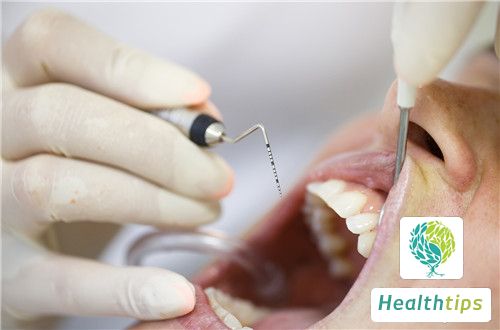Our teeth, though small in appearance, actually play a very important role. When eating, we need our teeth to assist in chewing, making it easier for the stomach to digest food. However, neglecting oral hygiene can easily lead to tooth decay. If a tooth has a cavity, it is best to visit a hospital for examination to determine the cause. If a filling is needed, it should be done immediately to prevent the cavity from increasing. The treatment method for tooth cavities involves repairing the tooth defect with artificial materials. The material used for repair is called a filling material. Any tooth tissue defects caused by caries, wedge-shaped defects, trauma, etc., require repair to restore their shape and function. When the lesion has affected the pulp and even caused periapical disease, the pulp should be treated first before performing a filling. It is important to note that getting a filling can make teeth look better and remove decayed areas. After getting a filling, food will no longer get stuck between teeth. However, one thing patients may overlook is thinking that their teeth will no longer decay after getting a filling. This is actually not the case. The oral environment itself does not change after getting a filling, and this unfavorable environment is the root cause of tooth decay. Fillings cannot change the oral environment. Therefore, after getting a filling, it is still important to maintain oral hygiene, brush teeth twice a day, and maintain a balanced acid-base environment in the mouth. This will greatly reduce the occurrence of tooth decay. Some medications can also be used to improve the acid-base balance of the oral environment, such as watermelon frost. Post-filling care for teeth that have been filled includes timely and necessary protection. Precautions include: 1. Follow your doctor's instructions and avoid chewing food or hard objects with the newly filled tooth. It is generally advisable to use the affected side to chew food on the second or third day after filling to prevent tooth fracture and filling material loss. 2. If mild pain occurs after filling, self-observation can be performed first. Some mild discomfort and pain may disappear spontaneously. If the pain does not improve but worsens or if there is biting pain, throbbing pain, pain from cold or hot stimuli, or spontaneous pain at night, it is necessary to promptly visit the hospital for follow-up examination and treatment to identify the cause and eliminate the pain. 3. For teeth with severe caries and large defects, the restored tooth may be prone to tooth fracture during chewing due to insufficient resistance of the tooth itself. Therefore, it is recommended to promptly protect the restored tooth with a crown according to the doctor's advice to prevent tooth fracture. 4. Follow the doctor's appointment for timely follow-up visits. (1) Avoid using a coarse and hard toothbrush to brush the surface of the restoration within one week, as the degree of curing of the light-cured resin is only 50%, reaching 90% within 24 hours, and reaching 100% after 7 days. (2) Avoid biting hard objects with the restoration, reduce consumption of strong tea, smoking, and avoid using metal.


